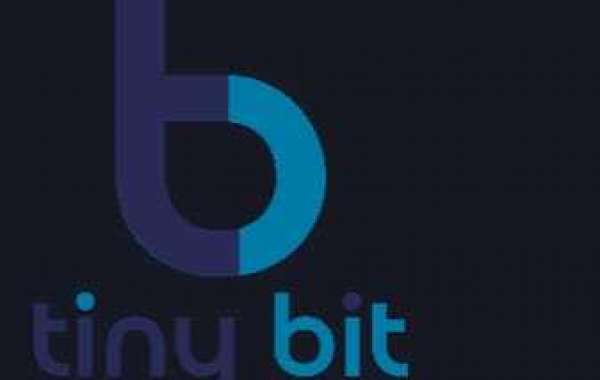In the digital age, technological innovations are serving as catalysts for transformative change in the administration of developmental disabilities support. Mobile applications, online platforms, and digital tools are reshaping the landscape, offering tailored solutions that enhance communication, streamline processes, and empower individuals with developmental disabilities. This blog explores the dynamic role of digital administration in catalyzing positive change for those in need of developmental disabilities support.
The Digital Evolution of Support Services:
The advent of digital tools has ushered in a new era in developmental disabilities support services. From mobile apps to online platforms, these digital solutions are revolutionizing the way support is administered, providing more efficient, accessible, and person-centered approaches.
Accessibility and Independence:
Digital administration promotes accessibility, enabling individuals with developmental disabilities to access support services independently. Mobile apps offer on-the-go access to resources, communication tools, and personalized plans, breaking down barriers and fostering greater independence.
Visual Tools for Enhanced Understanding:
Digital platforms enhance visual tools, providing customizable schedules, task lists, and visual aids that cater to individual needs. This promotes enhanced understanding, predictability, and autonomy in daily routines for individuals with developmental disabilities.
Medication Management Reinvented:
Digital applications are reinventing medication management for individuals with developmental disabilities. Features such as medication reminders, dosage tracking, and educational resources empower users to manage their health independently, ensuring adherence to prescribed regimens.
Augmentative and Alternative Communication (AAC) on Digital Platforms:
Digital AAC tools offer diverse communication modalities, providing individuals with communication challenges the means to express themselves effectively. These tools leverage technology, offering symbols, text-to-speech capabilities, and interactive interfaces to enhance communication independence.
Personalized Learning Experiences:
Digital learning tools tailor educational experiences to individual needs. Adaptive content, interactive lessons, and engagement features empower individuals to pursue personalized educational goals independently, promoting continuous learning and skill development.
Financial Independence through Digital Budgeting Apps:
Digital budgeting apps provide individuals with developmental disabilities the tools to manage budgets, track expenses, and make informed financial decisions independently. This promotes financial literacy and enhances financial independence.
Task Management and Goal Setting in the Digital Realm:
Digital administration apps contribute to goal-oriented living by breaking down tasks into manageable steps. This fosters a sense of accomplishment and independence as individuals set and achieve personal goals using digital platforms.
Social Connection and Community Engagement:
Digital networking platforms facilitate social connection and community engagement. These tools provide opportunities for communication, interaction, and shared experiences, fostering a sense of belonging and independence within a digital community.
Enhancing Mobility, Safety, and Emergency Preparedness:
Digital transportation apps address mobility challenges, enabling individuals to enhance their independence in navigating public transportation or arranging transportation services independently. Additionally, digital administration tools contribute to safety and emergency preparedness, ensuring individuals can respond to unforeseen situations independently and responsibly.
see more:-










